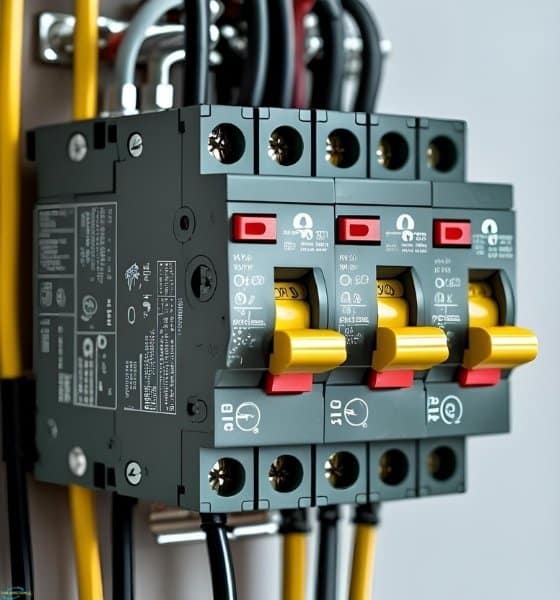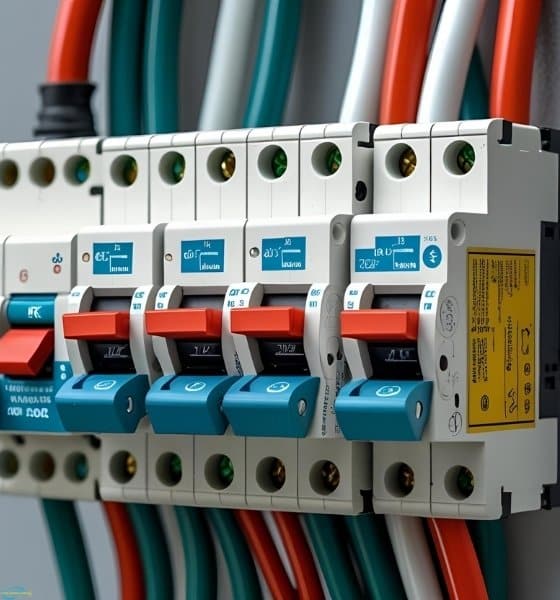RCD vs Fuse
What's the Difference and Why It Matters
RCD vs Fuse: A Must-Know for Aussie Homes
Electricity keeps our lives running—it lights up our homes, powers our gadgets, keeps us warm, and lets us enjoy a hot meal anytime we like. It’s safe to say we’d be lost without it. But as much as we rely on it every day, it comes with risks we can’t ignore.
Thankfully, modern safety devices like Residual Current Devices (RCDs) and fuses are designed to protect us and our homes from electrical hazards. But what’s the real difference between the two—and which one’s better?

What Does a Fuse or Circuit Breaker Actually Do?
In simple terms, fuses and circuit breakers protect your home’s electrical system. If there’s an overload—like too many appliances plugged into one power point—these devices detect it and shut things down before wires overheat or catch fire.
Traditional wire fuses melt when the current gets too high, breaking the circuit. It’s a simple but effective way to stop electrical faults. Circuit breakers, which are more common these days, perform the same job but resettable—they “trip” instead of melt.
Both play a big role in keeping your wiring and appliances safe. But while they protect your house, they don’t necessarily protect you.

What Does an RCD (Safety Switch) Do?
RCDs, also called safety switches, are life-saving devices. They constantly monitor the flow of electricity in a circuit. If something goes wrong—like electricity leaking through a faulty appliance or passing through a person—they shut off the power in milliseconds.
Even a tiny current (as little as 30 milliamps) passing through the human body can cause heart failure if it lasts more than a moment. An RCD detects that imbalance and cuts the power fast enough to potentially save your life.
While it doesn’t guarantee zero injury, an RCD significantly reduces the chance of serious harm or death from electric shock.
Whether it may be an RCD or a Fuse, each one serves its own purpose, licensed electricians will install one when needed, however, today’s technological innovation suggests that RCDs are more reliable compared to fuses or circuit breakers. It stops the flow of electricity almost instantly.
So, Which One’s Better?
• Fuses and circuit breakers protect your property.
• RCDs protect you and your loved ones.
They’re both important—but if we’re talking about personal safety, RCDs are the clear winner. They’ve become the gold standard in modern electrical safety and are now required by law in all new homes across Australia.
Safety First – Is Your Home Up to Standard?
If you’re in a newer home, you likely have RCDs installed on your power and lighting circuits. But if your house is older, you might only have partial protection—or none at all. Electrical safety regulators strongly recommend that every circuit in the home, including those for lighting, hot water, ovens, and even pool equipment, be covered by a safety switch.
It’s a small investment that can make a life-saving difference.
Get Your Home Checked by a Licensed Sparkie
Don’t leave your family’s safety to chance. If you’re unsure whether your home has full RCD protection—or if it’s time to upgrade those old fuses—give us a bell on 13 10 91. One of our fully licensed electricians will come out and check your setup, offer advice, and make sure everything’s up to scratch
THE DOCTOR GETS IT DONE
